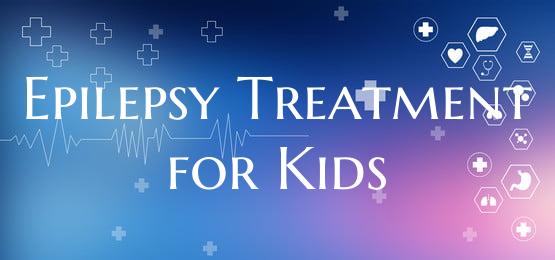
Epilepsy Treatment for Kids
Introduction: Epilepsy is a neurological disorder characterized by recurrent seizures, and it can affect individuals of all ages, including children. While managing epilepsy in children can be challenging, advancements in treatment options and medical care have significantly improved outcomes for young patients. In this article, we will explore various aspects of epilepsy treatment for kids, including diagnosis, medication, lifestyle modifications, and support services.
Diagnosis: Diagnosing epilepsy in children often involves a comprehensive evaluation that may include medical history, physical examination, EEG (electroencephalogram) testing, and neurological imaging studies such as MRIs. It is crucial for healthcare providers to accurately diagnose the type of epilepsy a child has to tailor an effective treatment plan.
Medication: Antiepileptic medications are the primary treatment for controlling seizures in children with epilepsy. The choice of medication depends on the type of epilepsy, age of the child, potential side effects, and other individual factors. It is essential for parents and caregivers to work closely with healthcare providers to find the most suitable medication and dosage for their child.
Lifestyle Modifications: In addition to medication, lifestyle modifications play a vital role in managing epilepsy in children. Encouraging healthy habits such as getting enough sleep, maintaining a balanced diet, staying hydrated, and reducing stress can help in minimizing seizure triggers and improving overall well-being. It is also important to create a safe environment for the child, especially during activities that may pose a risk of injury during a seizure.
Support Services: Living with epilepsy can have a significant impact on a child's and family's quality of life. Access to support services such as counseling, educational assistance, and support groups can provide emotional and practical support for both children with epilepsy and their families. These services can help in coping with the challenges of managing epilepsy and navigating the complexities of the condition.
Conclusion: Epilepsy treatment for kids requires a multidisciplinary approach that focuses on medical management, lifestyle adjustments, and psychosocial support. With the right treatment plan in place and a supportive network of healthcare providers, educators, and families, children with epilepsy can lead fulfilling lives and thrive despite the challenges posed by the condition. By raising awareness, promoting early diagnosis, and providing comprehensive care, we can ensure that children with epilepsy receive the support and resources they need to live their best lives.